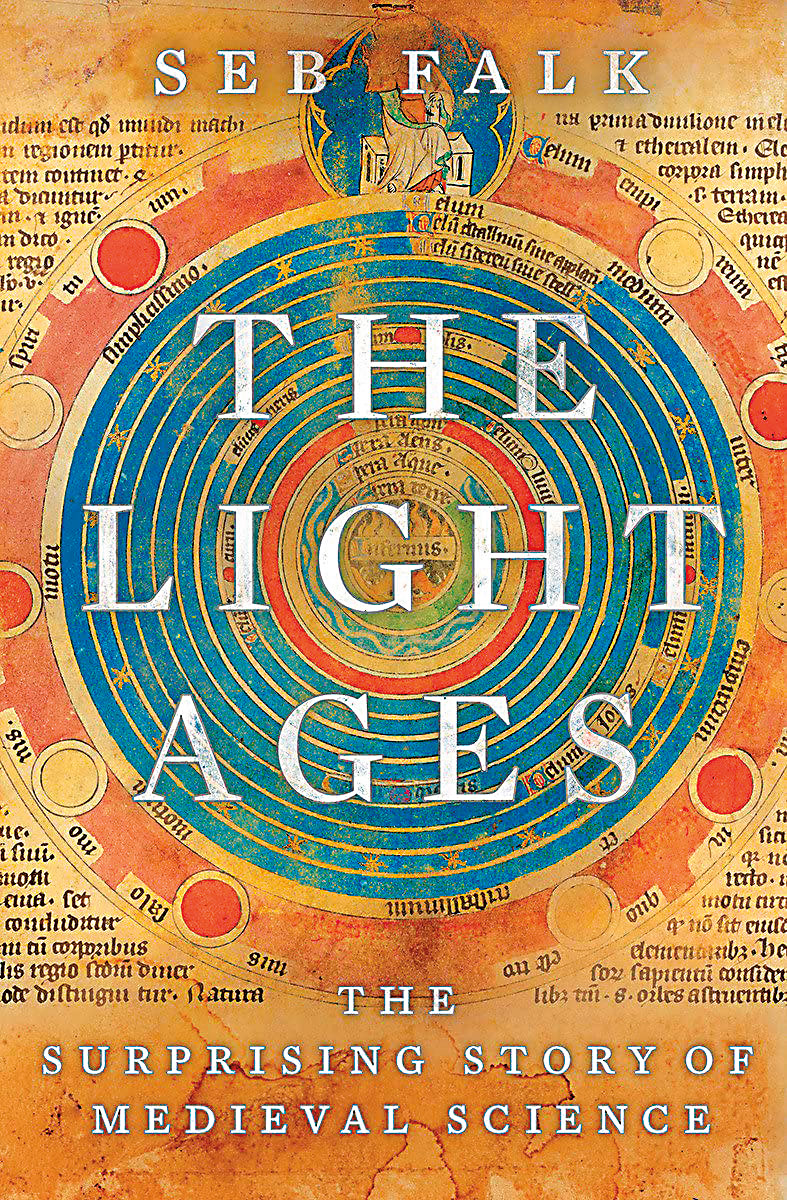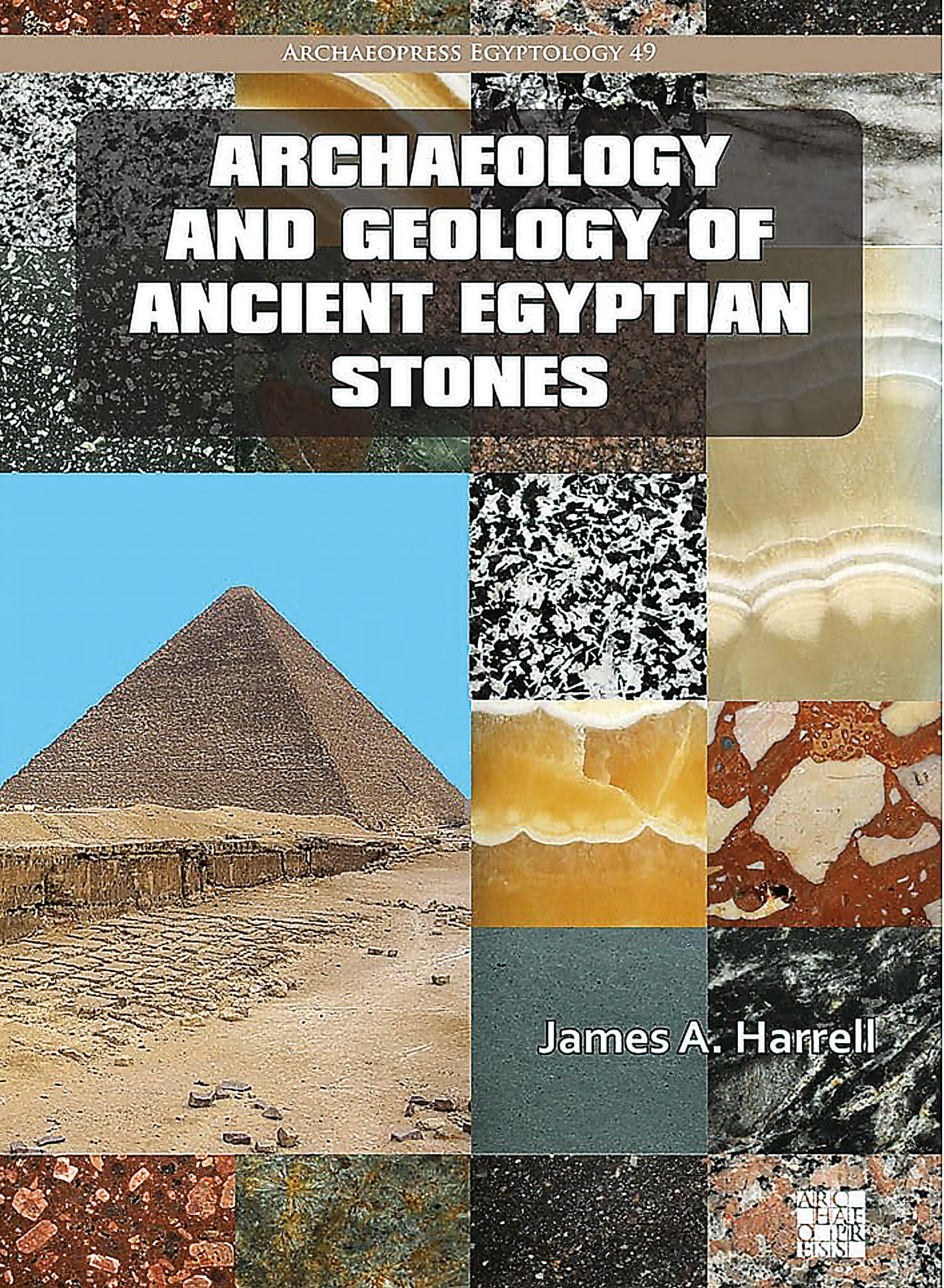
The Light Ages: The Surprising Story of Medieval Science
Tom Verde
Seb Falk
W.W. Norton, 2020.
Finding fresh perspectives on Islam’s contributions to medieval Western science is not easy. Falk, a University of Cambridge science historian, manages to do just that through the eyes of little-known 14th-century English cleric and astrologer John of Westwyk. John’s journey of discovery through sundry monastic libraries exposed him to manuscripts that inspired his own magnum opus, Equatorie [Computer] of the Planetis. Examining the Albion, a famed contemporary English astrolabe, John noted that it featured “attributes of earlier instruments” including those designed by 11th-century Andalusi astronomer al-Zarqali. These and other influences on John’s own scholarship reemphasizes how “respect for ancient learning and study of ancient texts,” especially those of Muslim scholars, were “a key feature of the Middle Ages.”
You may also be interested in...
.png?cx=0.44&cy=0.65&cw=382&ch=487.6595744680851)
Zeina Abirached’s Art Uncovers Urgency of Wisdom in Gibran’s The Prophet
Kahlil Gibran’s 1923 classic is given new life, as Abirached’s graphic novel blends Lebanese artistry with the late author’s timeless wisdom.
Archaeology and Geology of Ancient Egyptian Stones—Book Review
In categorizing the stones the ancient Egyptians used, author James A. Harrell unites geology, archeology and cultural history in one monumental reference.